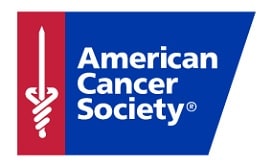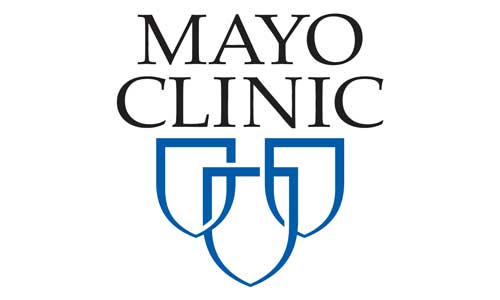Small group meetings of people facing similar challenges help many people in managing distress and side effects of cancer treatments.
How can support groups and interventions help you? What the research says
Improving treatment outcomes
Are support groups and intervnetions linked to improved survival? Are they linked to less cancer growth or metastasis? Do they enhance the anticancer action of other treatments or therapies? We present the evidence.
Optimizing your body terrain
Do support groups and interventions promote an environment within your body that is less supportive of cancer development, growth, or spread? We present the evidence.
See Optimizing Your Body Terrain ›
Find medical professionals who specialize in managing body terrain factors: Finding Integrative Oncologists and Other Practitioners ›
We also recommend that you share with your doctor the information here about how support groups and interventions might affect these terrain factors if you have any imbalances.
Managing side effects and promoting wellness
Are support groups and interventions linked to fewer or less severe side effects or symptoms? Are they linked to less toxicity from cancer treatment? Do they support your quality of life or promote general well-being? We present the evidence.
References



